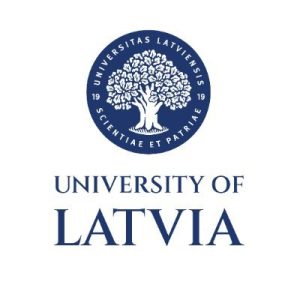
In my talk, I suggested that Foucault’s exploration of power reveals an implicit normativity within practices like masochism, viewed as a form of “counter-conduct.” Rather than relying on universal principles, this normativity emerges through grounded practices that continuously negotiate roles and boundaries. Sadomasochism (SM) exemplifies this by dramatising hierarchical structures, only to destabilise them through consensual role reversals. This dynamic echoes activist spaces where power inequalities are actively challenged and reimagined. Here, politics transcends grand ideologies, focusing instead on mutual recognition, ethical agreements, and the art of living. SM demonstrates that subjects are not passive under domination; rather, they possess the agency to transform power structures through performative, transformative acts.
I insisted that Masochism, as conceptualised by Foucault, may offer a greater emancipatory potential compared to traditional forms of resistance like civil disobedience. While civil disobedience operates within legal frameworks, aiming to reform or challenge laws, masochism as counter-conduct exists outside the law. Its purpose is not legal reform but ethical and political resistance against normative behaviours imposed by societal structures. Counter-conduct questions the practices, knowledge systems, and power relations that define what is possible within a given context. It unfolds in cultural, spiritual, and personal spheres, influencing ways of living beyond legal constraints. In scenarios where oppressive systems render legal frameworks ineffective, counter-conduct reveals a deeper, more radical form of resistance essential for survival and transformation.

